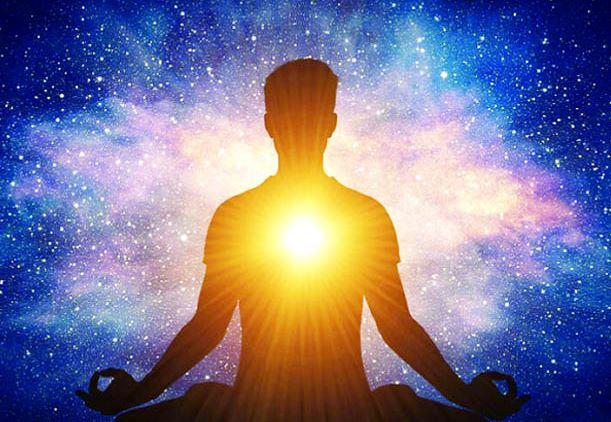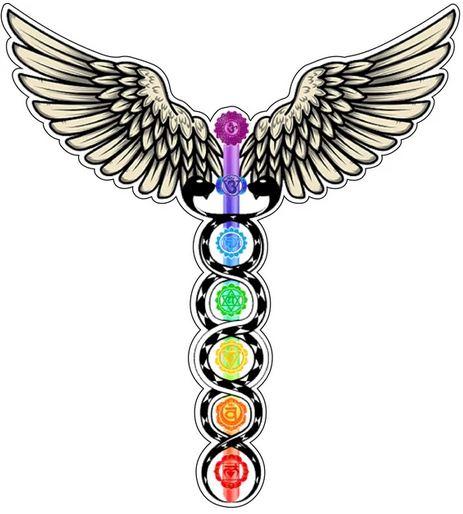William Butler Yeats
William Butler Yeats (1865–1939) was an Irish poet, dramatist, and one of the foremost figures of 20th-century literature. He is often considered one of the greatest poets of the English language. Yeats was deeply influenced by Irish mythology, the occult, and spiritualism, and his works reflect a blend of mysticism, national identity, and romanticism.
Key Highlights of Yeats’ Life and Work:
1. Early Life and Background:
-
Yeats was born in Dublin, Ireland, into a family that was part of the Protestant upper class, which placed him in a distinct position within the cultural and political tensions of Ireland at the time.
-
He spent part of his childhood in London and the other part in County Sligo, Ireland, both of which had a profound impact on his poetry, particularly his connection to Irish folklore and landscape.
2. Political and Nationalist Involvement:
-
Yeats was an active participant in the Irish nationalist movement and was deeply involved in the cultural and political life of Ireland.
-
He was a co-founder of the Abbey Theatre in Dublin, which became a center for Irish drama and literature.
-
Yeats was also appointed as the Senator of the Irish Free State from 1922 to 1928, reflecting his importance in Irish politics.
3. Spiritualism and the Occult:
-
Yeats had a strong interest in mysticism, the occult, and theosophy, especially in the later part of his life. He was a member of the Hermetic Order of the Golden Dawn, a group that focused on magical practices and esoteric knowledge.
-
His spiritual explorations are evident in his poetry and writings, often referring to mystical themes, reincarnation, and the search for higher truths. His work is filled with symbols, visions, and references to ancient mythologies.
4. Key Works and Themes:
-
Yeats’ early poetry was heavily influenced by romanticism and was filled with rich imagery and idealistic themes. As he aged, his style evolved into more modernist tones, dealing with disillusionment, personal struggle, and the passage of time.
Some of his most famous works include:
-
"The Lake Isle of Innisfree" (1890): A lyrical poem expressing a desire for solitude and escape into nature.
-
"The Second Coming" (1919): A modernist poem that reflects on the turmoil of the post-World War I era. It’s known for its iconic lines:
"Things fall apart; the centre cannot hold; / Mere anarchy is loosed upon the world." -
"Sailing to Byzantium" (1927): A meditation on art, immortality, and the soul’s transcendence from the physical world.
-
"The Tower" (1928): A collection of poems that reflect his struggle with aging, loss, and the search for meaning in a changing world.
5. Poetry Style and Evolution:
-
Early Yeats (1890s): Romantic, lyrical, and mystical. His early poems are filled with images of Irish myth and folklore.
-
Middle Yeats (1900-1920s): He moved toward modernism, addressing political turmoil, the first World War, and his own spiritual crisis.
-
Late Yeats (1930s): His later poetry reflects his thoughts on old age, death, and the quest for spiritual immortality.
6. Nobel Prize in Literature:
-
Yeats was awarded the Nobel Prize in Literature in 1923. The Swedish Academy recognized him for his "always inspired poetry," noting how his work had elevated Irish literature to the global stage.
7. Legacy:
-
Yeats is considered a foundational figure in modernist poetry. His works are still widely read and studied for their lyrical beauty, philosophical depth, and mythological references.
-
His influence extends far beyond poetry, impacting drama, literary criticism, and even the cultural identity of Ireland itself.
Some Notable Poems:
-
"The Stolen Child"
-
"A Prayer for My Daughter"
-
"Among School Children"
-
"The Wild Swans at Coole"
Themes and Symbolism in Yeats' Work:
-
Irish Nationalism: Yeats was deeply concerned with the cultural and political identity of Ireland. His works often reflect his aspirations for Irish independence and the expression of Irish identity.
-
Aging and Mortality: In his later works, Yeats explored his fear of growing old and the passage of time, contrasting physical decay with the pursuit of immortality through art and spirituality.
-
Mysticism and the Occult: As mentioned, Yeats had a strong belief in the mystical world, often using symbols and practices from the occult to convey hidden truths or esoteric knowledge.
-
The Dual Nature of Existence: Many of his poems explore the tension between the physical and spiritual, the ideal and the real, and the past and the present.
Yeats’ works offer profound insights into the human experience, and his combination of Irish heritage, mysticism, and political thought makes him one of the most distinctive and influential poets of the modern age.
Links:




